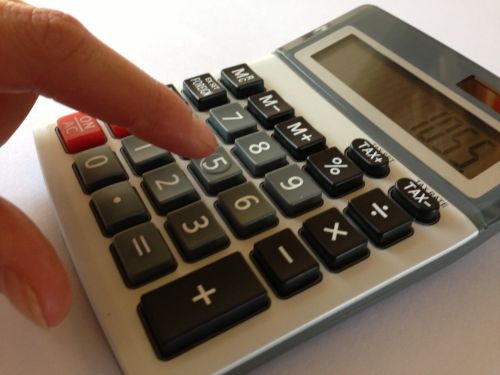Nearly half of Brits spend all their monthly wage and depend on credit at least once a year

Payday can be a joyous occasion for many Brits, but how many people splash their cash as soon as their paycheck arrives?
Debt management company Lowell has conducted research into the spending habits of Brits following payday, including how fast Brits spend their wages and how many depend on credit following a spending spree.
The cities with the fastest spenders
The research highlighted that spending habits varied across the UK and revealed that Leeds is the city where people spend their wages fastest, with the average person spending 51% of their wage within the first week of payday. Norwich (49%) and Glasgow (48%) closely followed, with Liverpool (46%) and Southampton (45%) also making the top five.
|
City |
Average % of wage spent within the first week |
|
Leeds |
51% |
|
Norwich |
49% |
|
Glasgow |
48% |
|
Liverpool |
46% |
|
Southampton |
45% |
Out of all the UK cities, Brighton spent the least with the average person spending 39% of their wage within the first week of receiving it.
UK spending habits
Lowell’s research also revealed that nearly a quarter (24%) of Brits do not put any of their wages into savings or ‘rainy day pots’ and with almost one in 10 Brits (9%) spending up to 60% of their wages within the first week of payday, which might be unsurprising to some.
The study also found that half of Brits (48%) spend all their wages and depend on credit at least once a year, with 13% of Brits doing this every month.
John Pears, UK CEO of Lowell, offers his advice on how to manage your money following payday:
“Unfortunately, this research confirms that many people across the UK are caught in the trap of living from payday to payday, but this can be a slippery slope into unmanageable debt if your circumstances were to change unexpectedly. If you’re struggling to keep track of where your money is going each month, try to set some time aside to tot up all your outgoings and build a clearer picture of your expenses. Once you know this, plan ahead by creating a realistic monthly budget that you know you can afford. Sticking to this is a great way to help get your finances back under control and avoid accidental over-spending.




